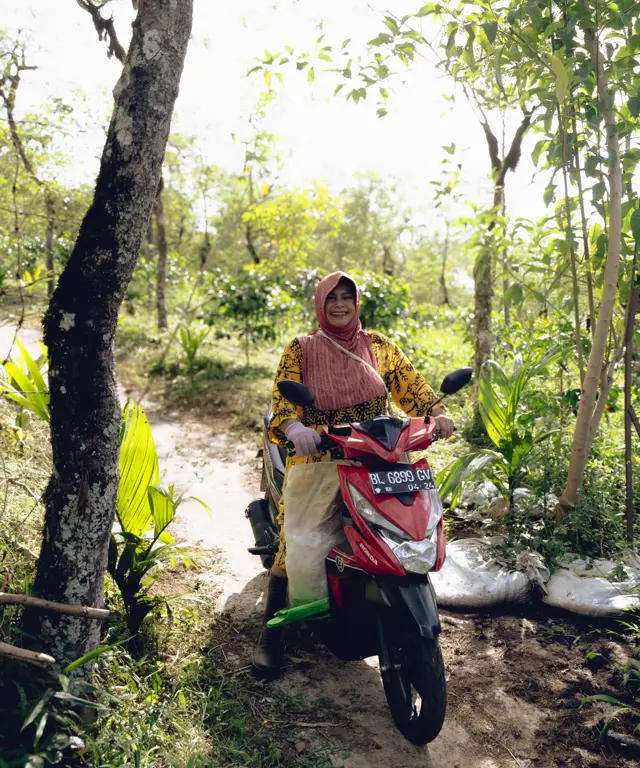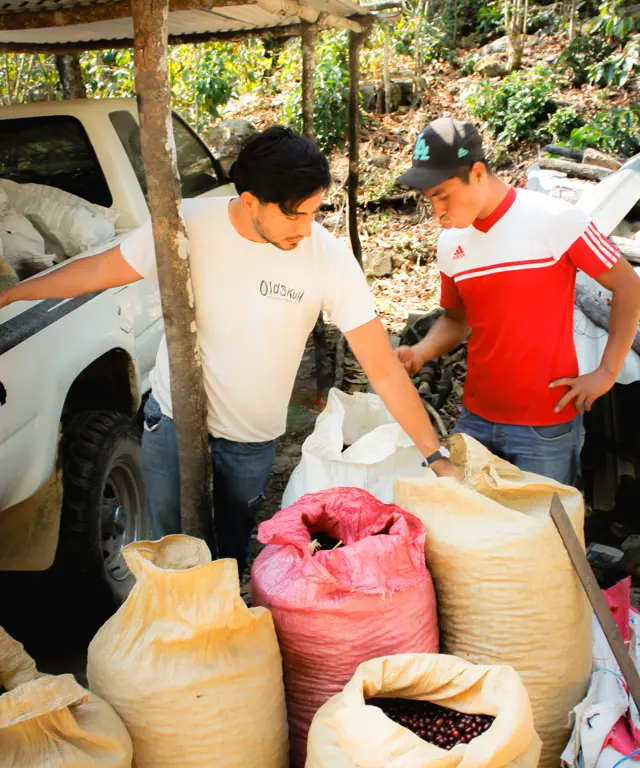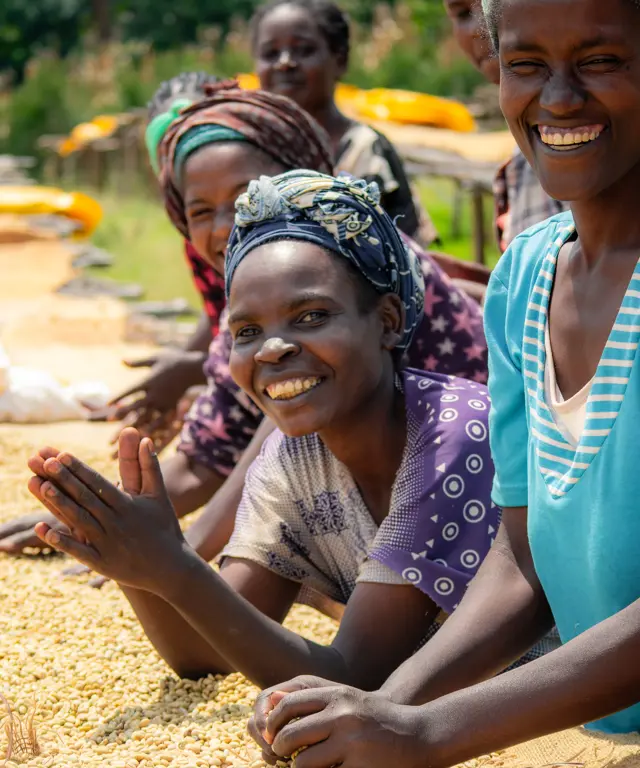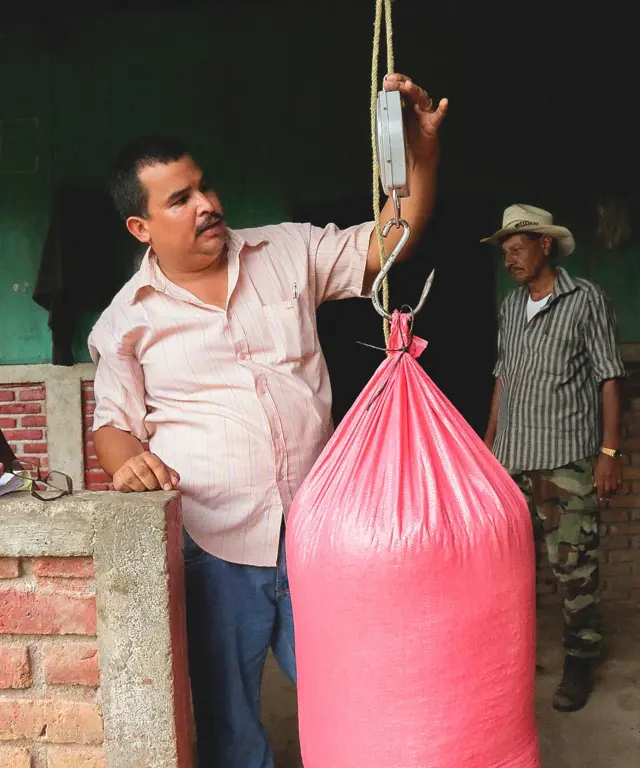
In the middle of things
By Johan Blasberg, Green Coffee Buyer and Sourcing Lead at Scanomat
The gap between small specialty roasters and big industrial coffee companies keeps widening. The same corporations that once treated coffee as a commodity are now launching their own “independent” speciality brands, built to look local and craft-focused. It challenges the idea of what Specialty Coffee stands for. If the same corporations that industrialised coffee can now claim it, how much of the term still holds its original meaning?
Somewhere between those two extremes lies a space that often gets overlooked: roasters big enough to buy coffee in substantial volumes, yet still small enough to stay connected to the people and coffees they work with. That’s where we try to operate at Scanomat and Amokka.
Over the past few years, our focus has been on gradually improving quality across everything we roast. Not by creating a separate “speciality” range, but by setting higher standards throughout our coffee range. Scale gives us several advantages, as we can plan long-term, buy consistently, and continue working with the same producers year after year. However, it also puts pressure on us to stay disciplined, ensuring that efficiency doesn’t come at the cost of transparency or fairness.
Shifting Ground at Origin
With coffee prices high and production costs rising, that middle ground is losing its logic. From the producer side, there also appears to be a shift. I’ve recently been hearing that growers are finding it harder to sell well-balanced coffees that used to sit comfortably between commercial and high-end micro-lots.
When the base price of coffee is already strong, there’s less incentive to take on the extra cost and risk of producing something better. Cheaper, lower-grade coffee can now fetch prices that once belonged to speciality, and it requires far less labour, sorting, and quality control. At the other end of the spectrum, the very best coffees still earn clear premiums and recognition. The clean, consistent lots in between, which used to define much of the Specialty Coffee scene, are no longer viable.

Holding the Middle Ground
But these are the coffees we still rely on. They are the cornerstone in our range, and they link great taste with accessibility and broader public appeal. Even in a period of higher prices, we’ve continued to buy these coffees at the same quality level, rather than trading down. It sometimes means navigating more challenging conditions, but not lower standards.
The middle ground can be an uncertain place, less visible than the boutique end of Specialty Coffee, and nowhere as dominant as the global brands. However, it’s where much of the industry’s real work takes place. Balancing quality, stability, and fairness isn’t simple, but it’s what keeps the whole chain connected.
We don’t have all the answers, but we believe that trying to maintain this balance is where meaningful impact can take root.
Balancing quality, stability, and fairness isn’t simple, but it’s what keeps the whole chain connected.
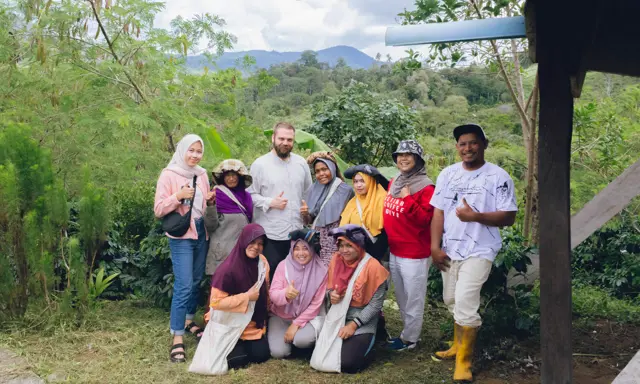
Ketiara Cooperative in Sumatra has been a trusted partner, continuously raising the bar for quality.
Edelmira in Chiapas is one of our newer partners. They keep impressing us with their strong ethics and outstanding coffee quality.

Stories from the field
(4)
